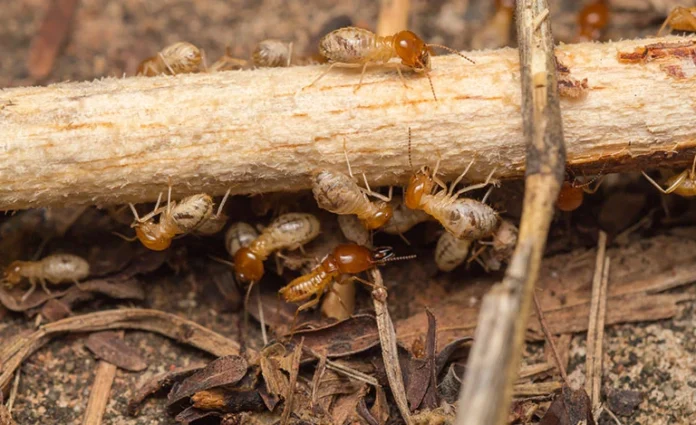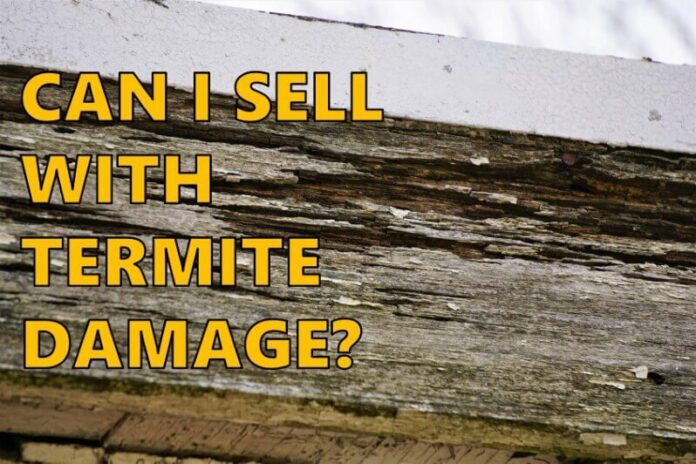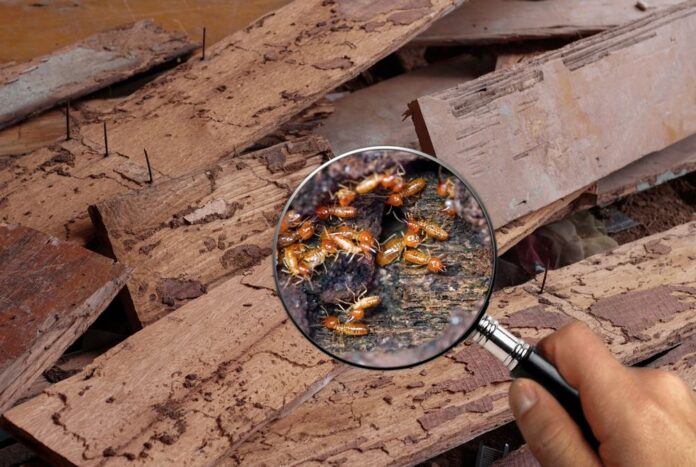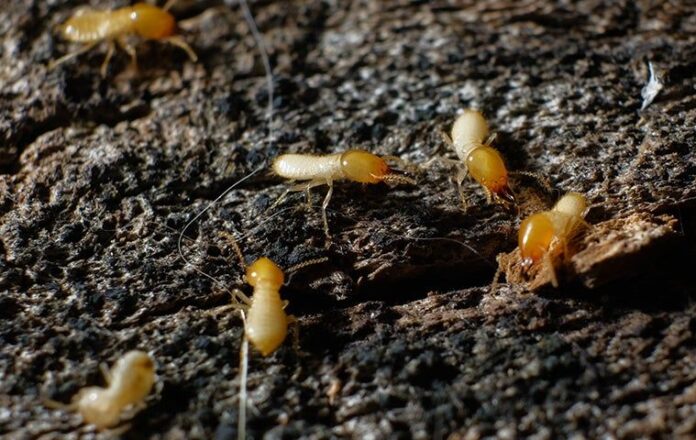Ignoring termites may seem harmless, but this misconception can lead to severe consequences. Termites are silent destroyers, and neglecting them can result in:
- Significant structural damage
- Financial loss
- Health risks
Understanding the importance of proactive control, including methods like termite tenting if the prevention fails, is essential to safeguarding your home.
Importance of Termite Control

Termite control is a crucial aspect of regular home maintenance. Homeowners should recognize that termite infestations are not covered by most insurance policies, making it their responsibility to ensure regular inspections and treatments.
Without proactive measures, the risk of damage increases, leading to potentially catastrophic outcomes. Methods such as tenting are effective in eliminating these pests before they cause extensive harm.
Regular maintenance not only preserves the structural integrity of a home but also provides peace of mind, knowing that one’s investment is protected.
Homeowners should prioritize termite control to avoid the dire consequences of neglect, such as costly repairs and diminished property value.
Structural Damage
Termites are notorious for damaging vital structural components of homes, including floor joists and support beams. These pests feed on cellulose, which is found in wood, making these structural elements prime targets.
Over time, termite damage can lead to sagging floors, cracked walls, and even compromised foundations. This structural degradation poses significant risks to the safety and stability of the home.
Termite tenting can be a highly effective method to eradicate termites and prevent further damage.
Early detection and intervention are crucial to preserving the integrity of the home’s foundation and avoiding extensive repairs that can be both time-consuming and expensive.
Irreparable Damage
The longer the infestation goes untreated, the more severe and permanent the damage can become. Termites can cause irreparable harm to a home’s structural integrity, leading to extensive and costly repairs.
In severe cases, the damage may be so significant that restoration is impossible, resulting in the need for partial or complete rebuilding. Homeowners must understand the necessity of early identification and intervention to mitigate these risks.
Termite tenting is a preventive measure that can eliminate them and halt the progression of damage. By addressing infestations promptly, homeowners can avoid the devastating consequences of unchecked termite activity.
Financial Consequences
The financial impact of termite damage is substantial. Repairs can be incredibly expensive, often involving the replacement of structural beams, floor joists, and other critical components.
Because most insurance policies do not cover termite damage, homeowners are left to shoulder these costs.
Methods like termite tenting can help prevent these expenses by eradicating them before they cause significant harm.
Homeowners should be aware of the potential financial burden associated with infestations and take proactive steps to protect their investment.
Regular inspections and timely interventions can save homeowners from the high costs of extensive repairs and restoration.
Reduced Property Value

Termite damage can drastically reduce a property’s market value. Potential buyers are often wary of homes with a history of infestations due to the risk of hidden damage or recurring problems.
Even after repairs, the stigma of past termite activity can linger, making it difficult to sell the property at its full value.
By maintaining a termite-free home, homeowners can avoid the negative impact on resale value and ensure their property remains a desirable investment.
Health and Safety Risks
Termite activity can negatively impact indoor air quality, posing health risks to residents, especially those with allergies or asthma. The presence of termites can lead to increased dust and allergens in the air, exacerbating respiratory issues.
Infestations can attract other pests, such as rats and ants, which can further compromise indoor air quality and pose additional health risks. Implementing control measures, including termite tenting, is essential to maintaining a healthy living environment.
By preventing termite infestations, homeowners can safeguard their family’s health and well-being, ensuring a safe and comfortable home.
Living in a termite-damaged house poses significant safety risks. Weakened structures can lead to collapsing floors, falling ceilings, and other injury hazards.
The danger of residing in a compromised home underscores the importance of addressing termite infestations promptly. Tenting can effectively eliminate them and restore structural safety.
Homeowners must prioritize the structural integrity of their homes to protect their families from potential injuries.
Regular inspections and immediate action upon detecting termites are critical to maintaining a safe living environment and preventing accidents caused by structural failures.
Expansion of Infestation
Termite infestations can escalate quickly if ignored. These pests reproduce rapidly, leading to large-scale infestations that are difficult and expensive to treat. The longer a termite problem goes unaddressed, the more complex and costly the treatment becomes.
Tenting is an effective solution to eliminate extensive infestations and prevent further spread. Homeowners should be vigilant and proactive in detecting and addressing termite activity to avoid the rapid escalation of infestations.
Early intervention is key to minimizing treatment costs and ensuring the successful eradication of termites.
Impact on Neighboring Properties

Termite infestations can spread to nearby homes, causing community-wide issues and potential legal ramifications. When one property is infested, neighboring homes are at risk of becoming infested as well.
It can lead to disputes and legal challenges between property owners. Preventive measures, such as termite tenting, can help contain and eliminate infestations, protecting not only the affected home but also the surrounding properties.
Homeowners should collaborate with neighbors to address termite problems and prevent the spread of these pests. Community-wide efforts are essential to managing termite infestations and protecting property values.
Ecological Effects
Regular inspections and immediate action upon detecting termites are crucial to preventing infestations. Homeowners should implement preventive measures such as:
- Controlling moisture levels
- Clearing wood debris
- Proper ventilation to deter termites
Termite tenting is an effective method to eliminate termites and prevent future infestations. By taking proactive steps, homeowners can reduce the risk of termite activity and protect their homes from damage.
Educating homeowners about the importance of preventive measures and regular maintenance can help mitigate the ecological impact of termite infestations and promote a healthier living environment.
The Bottom Line
Ignoring termites can lead to long-term negative impacts on your home’s structural integrity, financial value, and safety.
Proactive termite control is essential to protect your investment and ensure a safe living environment.
Prioritize regular inspections and timely interventions to avoid the severe consequences of termite infestations.







